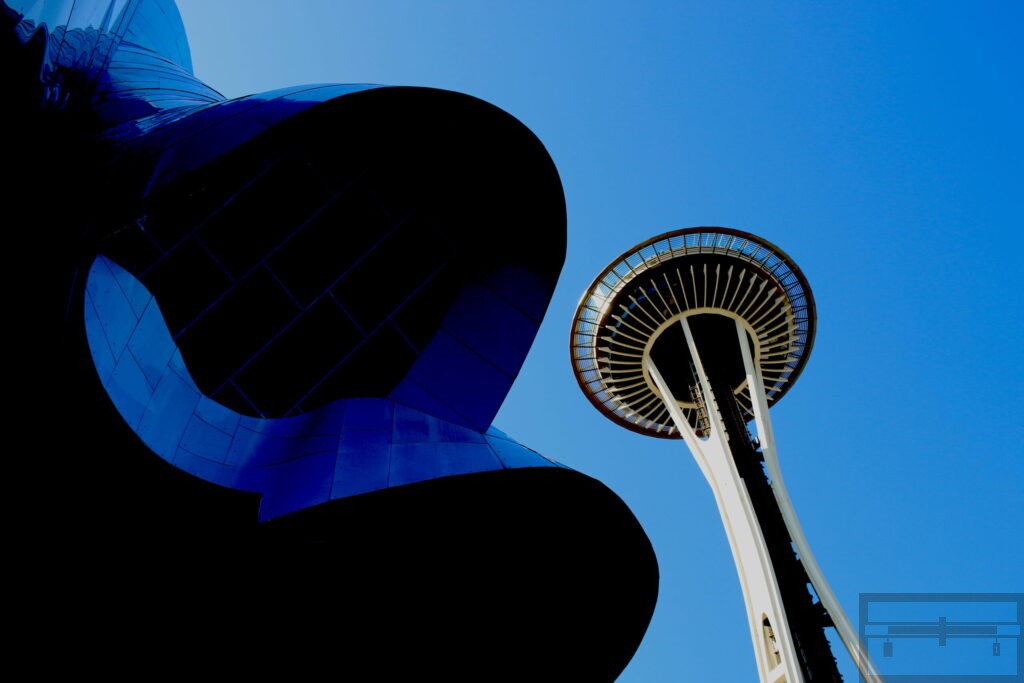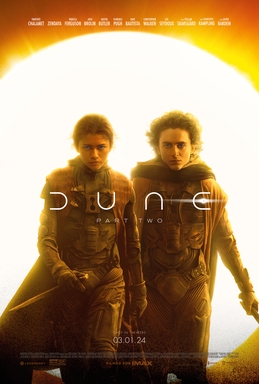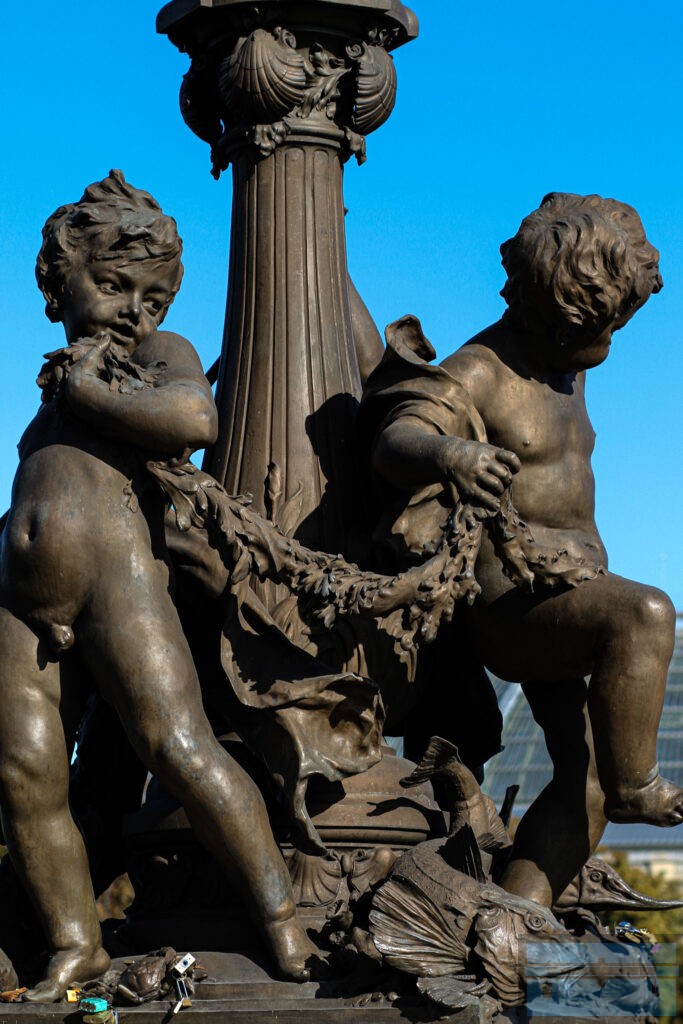
1
T
he world marketplace has become ruled by more than just eCommerce barons. The global economy is run by oligarchs, capitalists, innovators, outright no-holds bar imperialists, and sometimes heads of state.
These over achievers seldom set aside economics and wealth accumulation to run for political office, but once in a while, an unabashed capitalist successfully wins the leadership of the democratic world order.
United States President Joe Biden is a career politician, but Biden’s knowledge of the ins and outs of Washington have not carried him all that far. Biden had finished second place to several democratic and republican Presidencies for most of his life until finding a way to win the ultimate political victory at the last possible moment in his political career.
Biden was born in Scranton, Pennsylvania on November 20, 1942. Wikipedia seems uninterested in Biden having been born on that day. Instead, British Forces having captured Benghazi on that day during World War II seems more noteworthy. And Casablanca, starring Humphrey Bogart and Ingrid Bergman, premiered four days later, but still no one noticed that the Mayor of Scranton added one newborn citizen to the city population highway sign.
Scranton had a population of 9,223 just prior to the American Civil War in 1860. Once the slaves were freed, Pennsylvania’s coal and textile industries attracted families to the North from the cotton plantations in the South, swelling the population of Scranton to 140,404 by 1940. The population of Scranton has been in a precipitous decline since Biden was born, falling in numbers each decade until only 76,328 people were living in Scranton as of 2020.
Just as Former United States President Donald Trump found out, the President is not the only American swaying the power balance. For starters, the American people had the good sense to set term limits for the president at two: leaving just one for now and maybe, just maybe, one for later. But the public marketplace allows the overachieving American capitalist to stay around a lot longer than that.
Bill Gates
G
dropped out of Harvard and began developing personal computers when Jimmy Carter was President.
I wouldn’t mess with Bill Gates, even now that he has retired, because Gates talks with the swagger that suggests his word is golden, otherwise his rich father will come down and have a talk with your not so rich parents.
Gates and Microsoft earned their stature by innovating something valuable for the new world order. Gates and cofounder, Paul Allen,
A
had been determined to unify the world under one banner during the golden age of computing.
The technology age was developed in fits and starts and bits and pieces, and by people working out of the garage (the required workspace for a Silicon Valley start-up) but eventually most small start-ups were gobbled up by the surviving magistrates of eCommerce, so much so that the European Union had to take anti-trust measures against the monopolies.
Microsoft had brought the world so far, but Gates and Allen had global domination in mind. The European Union forced Microsoft to accept competing software for Microsoft operating systems, including competing Internet browsers.
INFLUENCERS
IF YOU HAD ALL THE ECONOMIC INFLUENCERS IN ONE ROOM, YOU COULD DIVIDE THEM UP INTO CATEGORIES. BILL GATES WOULD BELONG TO THE RICH KIDS INNOVATING GROUP.
If you had all the economic influencers in one room, you could divide them up into categories, like rich kids innovating being in one group, and entrepreneurs successfully completing a rags to riches story being in a second group, and investors becoming rich by applying the eCommerce innovations invented by others to a business model, in a third group, and then people just being so determined to succeed within a forth group.
Jeff Bezos
B
of Amazon kind of liked the whole idea of on-line shopping, and simply deciding to keep getting bigger until the on-line book sales exceeded those of the reigning retail book seller. Amazon then expanded into an on-line marketplace for everything, as the technology age found more ways to replace the conventional shop sellers on the street formed out of the industrial age.
That need to control the market by constantly increasing the scope and breadth of the business differentiates the richest people in the world from business owners’ content to provide for the existing demand in a distinct neighborhood.
Richard Branson
B
of Virgin was not content with a record store. Branson eventually moved to producing recording artists with his own record label. But Branson wanted even more.
The world had already created celebrity out of Thomas Edison, Henry Ford and Albert Einstein, before Branson became the first ‘rock star imperialists’. Branson was doing business like he was on stage performing in public to bigger and bigger crowds, as he went from music to commercial airlines to telecommunications and then eventually to near orbit space.
Ford invested in the new world imperialism after rationalizing that a truck would be cheaper for consumers without all the added shipping costs. So, Ford constructed vehicle assembly plants within separate international markets. France got a Ford manufacturing plant for assembly of vehicles sold to the French, as did Canada for assembling cars for Canadians.
Ford’s individual imperialism not only created great wealth, but he amassed great influence with his economic power. Ford didn’t need to conquer Brazil to undertake a rubber plantation. Ford merely needed to use his great wealth to purchase land on which to develop one.
Ford expanded within the automotive industry, eventually creating a vertical market that had Ford automobiles assembled with Ford parts, right down to the rubber for the rubber tires from that plantation in Brazil. But Ford eventually stayed with what he knew, building cars, so much so that he resisted the need to design and build a new model to replace the aging Model-T, even begrudgingly considering changing the colors.
When Charles Lindbergh flew the Spirit of St. Louis across the Atlantic on May 21, 1927, the world became a much smaller place for everyone, including for the captains of industry. Wikipedia points out though that Lindbergh was not the first to fly across the Atlantic, just the first to get the job done solo.
In this sense, globalization is not a new concept, but an economic one that began with exploration and adventure, such as when the Venetian merchant Marco Polo travelled the Silk Road to China in search of a new mercantile exchange from 1271 to 1295.
Even earlier, the Vikings, and the Romans before them, travelled beyond their communities in search of markets to plunder. And the Tribes of Abraham also started to explore the lands around their homes many years after Adam and Eve were tossed from the Garden of Eden, which was located somewhere, or so the story goes, in Iraq.

The Greeks had conquered, plundered, and traded along the Mediterranean before the British merchants established the East India Company after seizing control of large swaths of land on the Indian subcontinent.
The company conquered and set up shop as if governing as a state. The Hudson Bay Company had operated the same way in North America, setting up and running trap lines for the fur trade while the British troops arrived ever so incrementally. This concept of company rule eventually seeded to empire as the troops rolled in off the ships to institute law and order along streets built amidst the wildernesses.
But with empire eventually came rebellion, and the Great War and World War II were one of the last few formal attempts to sustain global empires for trading economies as more nations developed into distinct entities associated with land borders. The world shifted to individual national identities after 100 million war dead in just 30 years, as old empires fell asunder within a horrible metaphysical deconstruction.
Empire gave way to the concept of Superpower and a central system of economics influencing distinct cultural and linguistic entities in places beyond the borders to the point that the world was almost broadly divided into two: between capitalist democracies and communist dictatorships, and nary every variation in between.
INNOVATION
WHEN CHARLES LINDBERGH FLEW THE SPIRIT OF ST. LOUIS ACROSS THE ATLANTIC, THE WORLD BECAME A MUCH SMALLER PLACE FOR EVERYONE.
The corporations, and their capitalists leading them relentlessly onward, held on to power. Of course, the transitions were not so simple, with many states being formed only as a result of military conflict. The United States of America expanded territory from the Eastern seaboard to the west coast by fighting the indigenous populations, and then by turning south to fight the Spanish and Mexicans for the southern border.
The British, French, Russians and Spanish had all settled swaths of lands in the new world, but what they had was decidedly insufficient for their insatiable needs, eventually resulting in wars within North America for final domination of an entire continent.
America formed from a successful rebellion against British Rule. In response, the British retreated north of the 49th Parallel, which eventually became Canada within the British Empire. The French held onto Louisiana, until sold. And Bourbon Street has been a party zone ever since. The Russians owned Alaska as part of an ancient lost land bridge to Moscow.
America, still not content with what they had, kept fighting, plundering, and when they could not steal anymore, outright purchased Louisiana and Alaska under the unified central authority of the revolution, like a reigning heavyweight MMA fighter, America just kept on fighting, accumulating more and more title to land.
Make no mistake though, the wealthy aristocracy became the architects of the American constitution in America, and the independence from empire was hard fought for over many years, in the same way the rich kids from Seattle and Silicon Valley created the blueprint for the technology age, with relentless determination.
Benjamin Franklin bestowed not just an intellect, but he also had an attitude that was imprinted onto the new nation that has remained as a blueprint for the economic titans of the 21st century.
Franklin left a potent recipe of hard work, celebrity and wealth accumulation, leading to expansion, for an elite class of capitalists to replicate, whether they recognize the influence as such or not.
In many instances, celebrity comes first, then wealth and influence, and then, with a lot of hard work and gritty determination, a business empire.
Celebrity is so influential that true celebrities often use their brand to generate further wealth, separate and apart from what made them so famous in the first instance. Celebrity can itself be an end, with the popularity of the image developed on social media as a result of nothing else other than the image, eventually selling other products with that image like supermodels walking the catwalk wearing the season’s designs from the most popular and influential fashion houses.
Celebrity can be a powerful ally to innovation, providing the pivotal component in convincing people of the likely success of further expansion when industry might otherwise hesitate to accept change. Elon Musk
M
of Tesla transitioned from electric cars for individuals to the hyper loop for public transit to the Falcon 9 for space travel, all the while maintaining momentum with a carefully crafted celebrity status.
The market resisted the brash talk of fantastical change tweeted by Musk, but innovation, celebrity and relentless hard work eventually sold the brand to the government and the people.
This entrepreneurial attitude with star status forms the basis of a transnational class of executive types that dream of all things big within their sphere of influence, wherever located. Far from the innovators that have died poor, such as Nicola Tesla, this modern imperialist accumulates wealth and influence in an ever widening, global sphere.
To boot, the rock star CEOs, and the never ending talk of unlimited change, attracts the brightest up starts from around the world to work for the titans and share the wealth. Everything else just accelerates exponentially ever there after.
Small shops often get absorbed in a wave of unified innovation in a competition to be bigger and better and more influential than the nearest competitor. Global domination, like that achieved by rock stars, is often the only successful end for an imperialist.
American imperialists even compete for a bigger and a brighter piece of stardom. Andy Warhol’s 15 minutes of fame was meant for everyone, but the time slot in history has proven insufficient time and time again for the global titans.
Everyone wanted a bit of what Elvis had. Elvis was the King of Rock and Roll, while the wizkids of the technology age sought to attain the global influence of emperors.
Larry Ellison
E
of Oracle designed data software for large corporations. But in the end, getting more media attention than Paul Allan of Microsoft was just as important to the rockstar capitalist. In an era dominated by popular culture, the billionaires fought to maintain a historical footprint, just as much as the musicians and the movie stars did.
The titans did not just come by their wealth one day, nor is the money old money passed down from previous generations. A certain entrepreneurial aggressiveness created success on the scale of the titans of the technology age.
Walt Disney made his way to California, from the same Chicago as Ernest Hemmingway and Frank Lloyd Wright, to found Disney in 1923. Disney had to first work as an animator for other Hollywood studios.
Disney eventually broke free of wage labour and turned Mickey Mouse into a celebrity, and that celebrity status transposed onto Disney while he worked relentlessly hard to create the media empire that exists today.
Former Disney CEO Bob Iger
I
found himself in line for the flagship enterprise after Disney bought ABC where he was working. Iger began as a television studio supervisor at ABC. When Disney bought ABC, then Pixar, Marvel and Lucas Films, Iger became more of a celebrity than Mickey Mouse and Han Solo.
In the same way that Iger became part of the Disney empire, Musk became part of Tesla and superimposed himself onto the image of this quirky electrical engineer that might be able to save the planet from the fossil fuel driven internal combustion engine.
Iger and Musk also have in common the pursuit of perfection. That attitude brought Disney into the digital age with a streaming service for original content. That same attitude took Tesla to the forefront of the electric vehicle age, and eventually into space with SpaceX.
The new imperialists discovered that perfection and hard work found success with universally appealing products. Bezos was able to sell India on an eCommerce platform because the technology operated to the simultaneous benefit of merchants in India and consumers in America.
The large ABC broadcasting corporation and the iconic Disney studio and theme park system refused to accept mediocrity. Ultimately the cultural imperialist entertained, but then also accumulated products and expanded into associated acts.
Lucas Films adopted a similar motif, making entertaining films, but spinning off cultural products and merchandise not necessarily for market domination, but nonetheless accumulating influence and wealth along the way.
Iger getting Disney to purchase Lucas films was apropos a business model begun by Disney from the Burbank, California animation studios. Disney created a more complete entertainment experience that would create memories passed down from one generation to the next through merchandising and commodifying the studios own cultural products for an overall, bigger market share.
The Ride of a Lifetime, by Robert Iger, New York, Random House, 2019.

